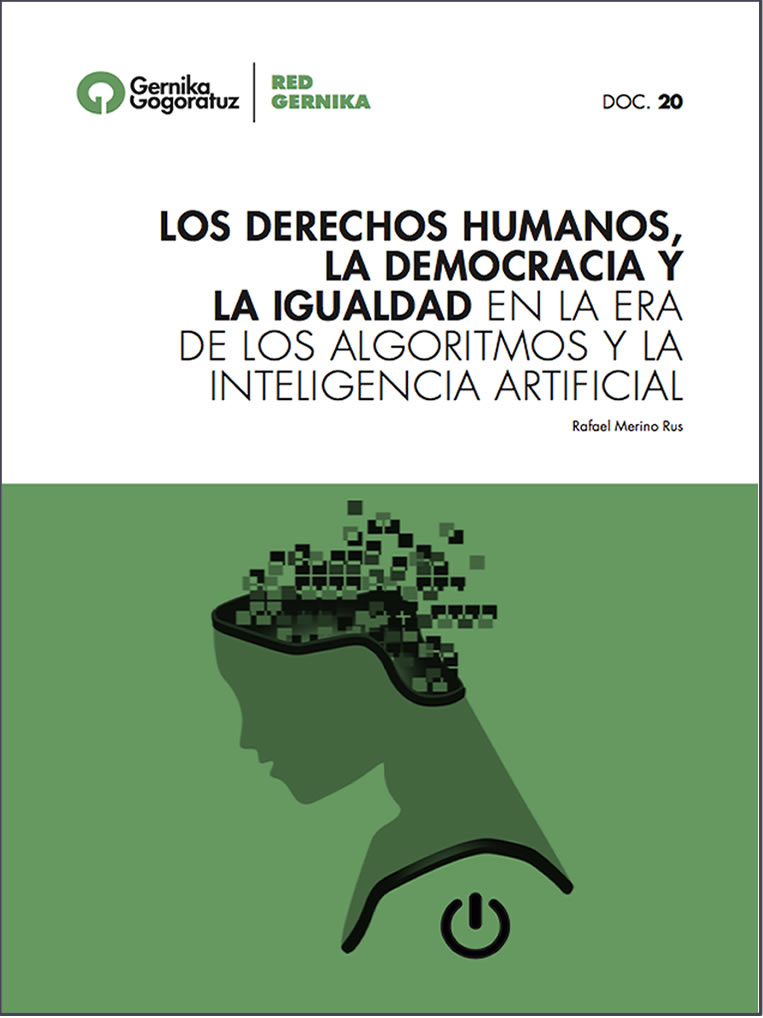Statistical cookies help site owners understand how visitors interact with web pages by gathering and providing information in an anonymous form.
COOKIE POLICY
What is a Cookie?
A Cookie is a small text file that a website places on your PC, phone or any other device, with information about your browsing on that site. Cookies are necessary to make browsing easier and more user-friendly.
Although the general term "Cookie" is used in this policy, as it is the main method of storing information used by this website, the browser's "Local Storage" space is also used for the same purposes as Cookies. In this sense, all the information included in this section is equally applicable to this "Local Storage".
What are Cookies used for on this website?
Cookies are an essential part of how our website works. The main purpose of our Cookies is to improve your browsing experience. For example, they are used to remember your preferences during browsing and on future visits.
The information collected in Cookies also allows us to improve the website by estimating usage numbers and patterns, tailoring the website to individual user interests, speeding up searches, etc.
Who uses the information stored in Cookies?
The information stored in Cookies on our website is used exclusively by us, with the exception of those identified below as "Third Party Cookies", which are used and managed by external entities to provide us with services requested by us to improve our services and the user experience when browsing our website.
How can I prevent the use of Cookies on this website?
If you prefer to avoid the use of Cookies on this page taking into account the above limitations you must, firstly, disable the use of Cookies in your browser and, secondly, delete the Cookies stored in your browser associated with this website.
This possibility to prevent the use of Cookies can be carried out by you at any time.
How do I change the Cookies Policy?
You can change your preferences in relation to analytical cookies by using the enable/disable options. You can allow or block cookies, as well as delete your browsing data (including cookies) from the browser you are using. To do this, you can visit the following pages depending on the browser used:
- FireFox: HTTPS://SUPPORT.MOZILLA.ORG/EN/KB/DELETE%20COOKIES
- Chrome: HTTPS://SUPPORT.GOOGLE.COM/CHROME/ANSWER/95647?HL=EN
- Safari: HTTPS://SUPPORT.APPLE.COM/EN-US/HT201265
- Microsoft Edge: HTTPS://SUPPORT.MICROSOFT.COM/EN-US/HELP/4468242/MICROSOFT-EDGE-BROWSING-DATA-AND-PRIVACY-MICROSOFT-PRIVACY
- Internet Explorer: HTTPS://SUPPORT.MICROSOFT.COM/EN-US/HELP/17438/WINDOWS-INTERNET-EXPLORER-VIEW-DELETE-BROWSING-HISTORY
What specific Cookies does this website use and for what purposes?
Below is a table with the Cookies, which we can activate or deactivate those used by this website, together with a description and example of their use:
| NAME OF COOKIE | EXPIRATION | PURPOSE AND TYPE OF INFORMATION COLLECTED |
| Analytics | 2 years | Statistical cookies help site owners understand how visitors interact with web pages by gathering and providing information in an anonymous form. |
| | |
| | |
| | |
| | |

